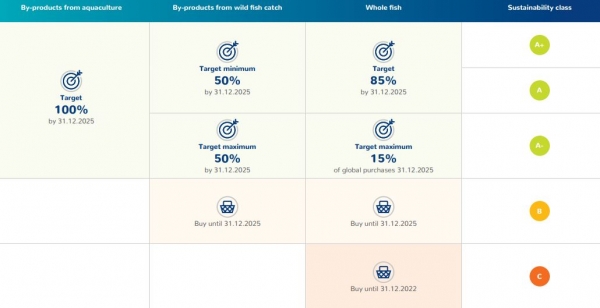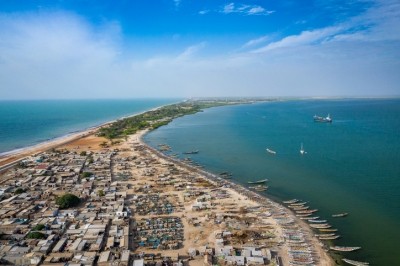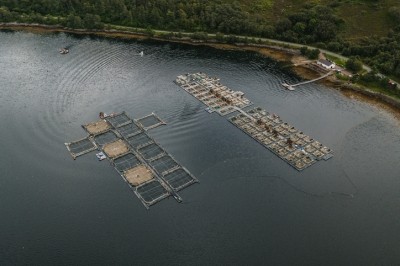Skretting identifies criteria it will use to source marine ingredients
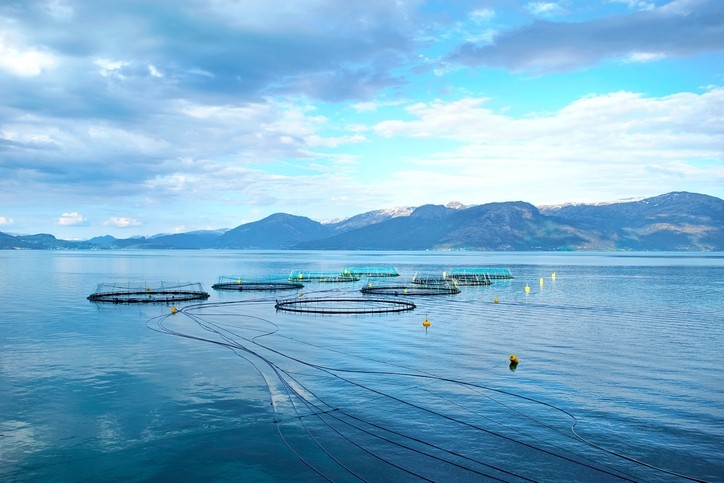
The policy is informed by a risk-based approach and was developed through internal collaboration among the Nutreco and Skretting sustainability, procurement, and quality teams.
Typical forms of marine ingredients are fishmeal, fish oil, fish protein concentrates and fish protein hydrolysate (FPH).
The document reflects ambitions in Nutreco’s Sustainability RoadMap, linked to the sourcing of marine ingredients that are 100% certified or come from a fishery improvement project (FIP) as well as buying fishmeal and fish oil that originates from fisheries that are managed according to the FAO Code of Conduct for Responsible Fisheries.
The new sourcing policy outlines specific criteria on what to buy according to five sustainability classes of marine ingredients coming from whole fish, by-products from wild fish catch and by-products from aquaculture, aligned with the “most important” fishery management certifications in the industry.
In addition, the teams have mapped countries identified has having a high risk of illegal, unreported and unregulated fishing (IUU) fishing activities. “Marine ingredients from these countries cannot be sourced unless they come from the highest sustainability classes. The policy in this area supports Nutreco and Skretting’s commitment and work in SeaBOS.”
Countries with a high risk of slave labor on board fishing vessels were also identified. Skretting said that is the first company in the world to communicates open and transparent criteria towards marine ingredient suppliers in this respect.
The teams said they relied on data from the World Bank, the Slavery Index of the country and two factors that describe the risk of forced slavery in the fishing sector, when compiling the table.
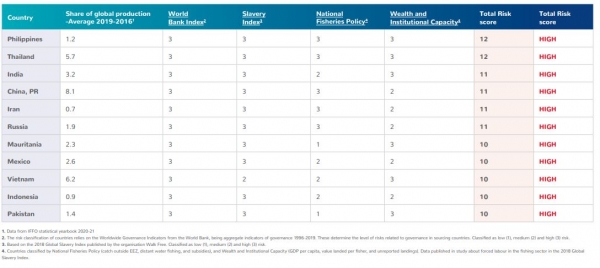
Stakeholder collaboration
“Through this policy, we’re open about the criteria that we will use to source our ingredients and we want to be accountable for that.
"Reaching our targets is not something that we can do alone and it comes with challenges, but we will not shy away from them and will keep collaborating with all the relevant stakeholders to identify and mitigate the risks of our operations,” said Jorge Díaz, sustainability manager, Skretting.
Skretting notes that, in 2021, 80% of fishmeal and fish oil originating from whole fish and by-products that it purchased came from fisheries certified according to the MarinTrust or MSC programs, or from fisheries that were part of a MarinTrust FIP. The company said reaching that target was significant progress compared to the 69% it reported in 2020.
The company highlights how it is also actively working to align industry incentives to support processes that will lead to improved fisheries management. “In addition to wild-caught fish, we are increasing the use of by-products – trimmings - from the processing of fish for human consumption. It is estimated that 29% of fishmeal is derived from by-products. This also makes it possible for us to use feed ingredients that are not in direct competition with human nutrition, and which support the development of a circular economy.”
Industry reaction
Jon Tarlebø, chief sales officer, at Skretting supplier, TripleNine, said the new policy gives it clear and practical guidelines around Skretting’s current and future demands when it comes to sustainable raw materials and their documentation.
Also weighing in on the development was Alex Warrington, senior coordinator, Feed Standard, Aquaculture Stewardship Council (ASC):
“We know from developing the ASC Feed Standard that greater transparency is a key step towards reducing the impacts of marine ingredients in aquafeed. The aquaculture industry has made progress in this area, by increasing the use of bycatch for example, but there is plenty of room for more progress towards responsible sourcing. Transparent, accountable sourcing policies such as Skretting’s can play an important role in this.”
This type of sourcing policy is a key asset for the whole marine ingredients value chain, commented Veronique Jamin, spokesperson for marine ingredients organization, IFFO.
Public disclosure of the origin of the marine ingredients used in feed is core to accountability, she said. “We encourage customer-facing organizations to publicize such documentation, which maps key stakeholders and fisheries across the world. It also supports a better understanding of the role increasingly played by by-products as marine ingredient raw materials as well as collective efforts undertaken as part of FIPs.”
